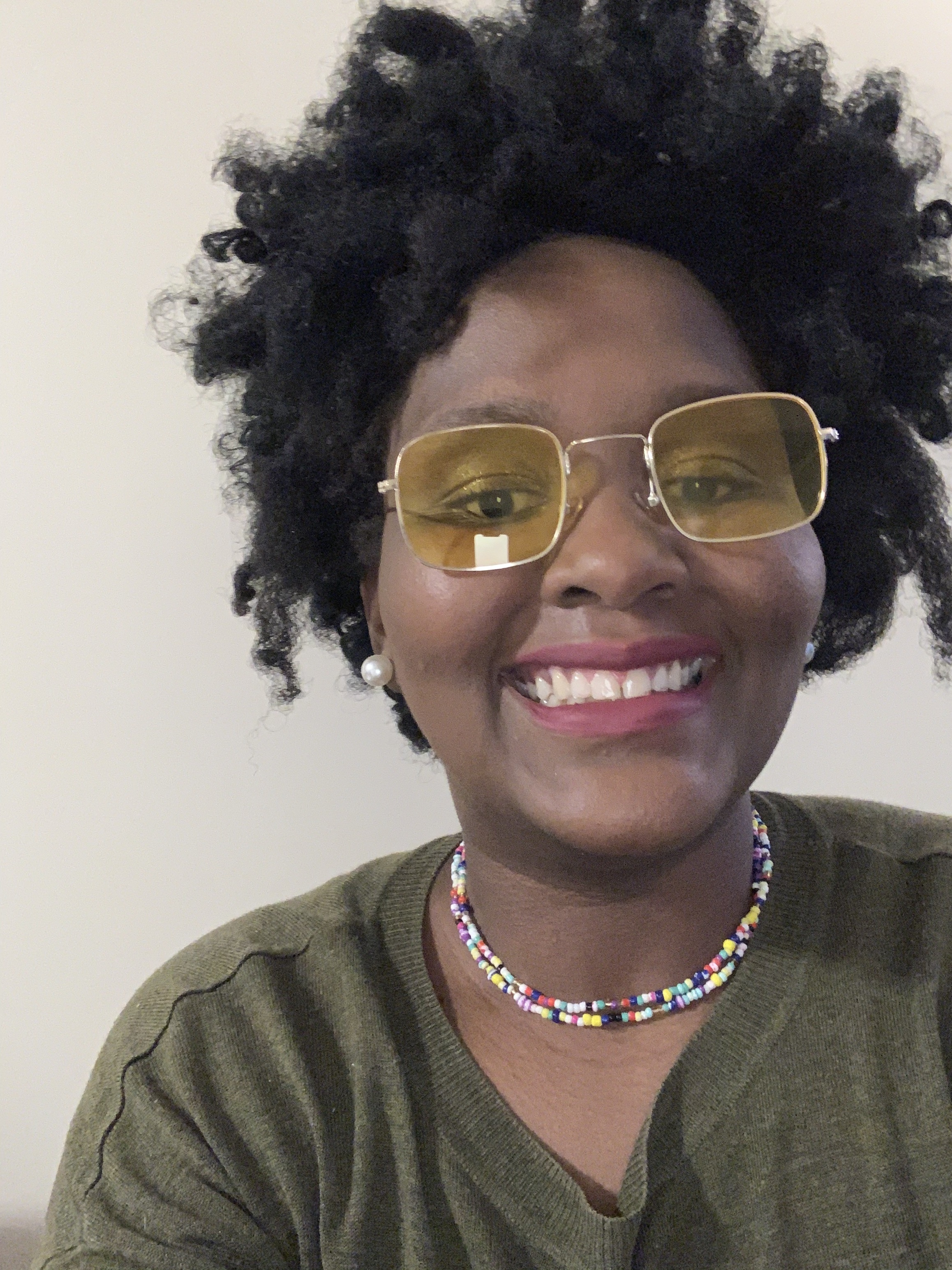By: Lucie Kawiche

As a black, precariously employed, blind, queer, immigrant Canadian woman, I have never faced bias, discrimination, or a bit of uncertainty—said no one ever.
I’m not saying that I haven’t had fantastic experiences and a mostly wonderful life. But I have also been in positions where I had to learn to advocate for myself.
Advocacy is a skill that we all have to learn, whether the end goal is convincing your parent to allow you that sugary cereal from the supermarket as a child or acquiring the accommodations that will allow you to do your job.
In my lived experiences as a black woman, I have come to understand that advocacy requires me to be in a position of vulnerability and, in some cases, be knowledgeable about things that are not in my field of expertise. There have also been times where misconceptions and generalizations have caused friction and barriers to my success. This often-invisible friction can be hard to articulate, which can be discouraging and isolating.
For me, coping with this friction means that I first have to acknowledge it and allow space for it. Other things that help me to process this friction are finding community and taking a step back when I need to.
Since 2017, CNIB has been a place where I’ve been able to find community. I hope that this month—and every month—we can celebrate people like me who exist in intersectional spaces and work toward turning differences into bridges instead of barriers.